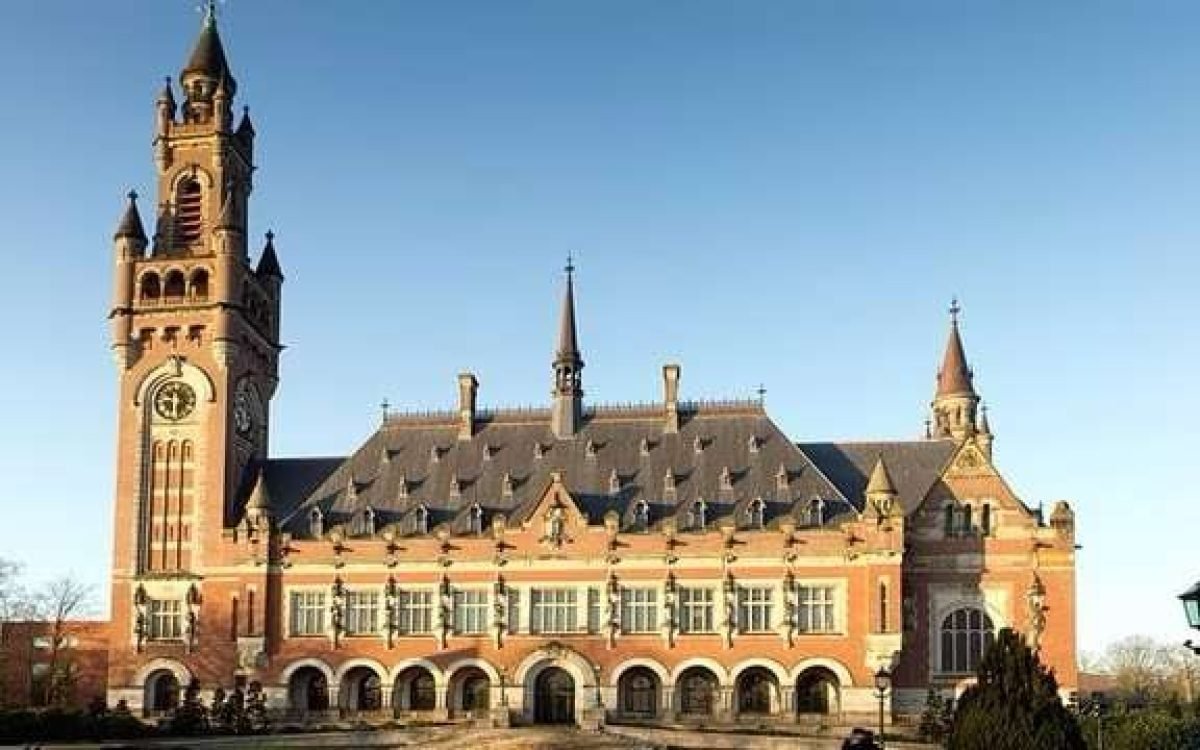ICJ Intervenes: Provisional Measures for Palestinian Rights
The International Court of Justice (ICJ) recently issued provisional measures at The Hague aimed at safeguarding the rights of Palestinians in the Gaza Strip. While it’s not a final verdict, the ICJ found it “plausible” that Israel may be violating Palestinian rights under the Prevention of Genocide Convention.
Background and Scope of ICJ’s Decision
South Africa initiated the case, alleging that Israel’s recent actions in Gaza breached the Genocide Convention. The ICJ clarified that, at this stage, it doesn’t determine if Israel violated its obligations but acknowledges the plausibility of the claim.
Judicial Jurisdiction and Standing
The ICJ asserted its jurisdiction to examine the matter, emphasizing South Africa’s standing to file against Israel. This marks a crucial step in addressing the allegations under the Genocide Convention.
South Africa’s Application
South Africa’s application called for Israel to cease actions violating the Genocide Convention. It argued that Israel has a duty to prevent genocide, take measures to provide basic services, and preserve evidence related to alleged acts in Gaza.
Provisional Measures Issued by ICJ
The ICJ, with a majority decision, issued several provisional measures, including directing Israel to prevent acts within the scope of the Genocide Convention against Palestinians in Gaza. Additionally, Israel is urged to address public incitement to commit genocide and ensure humanitarian aid in Gaza.
Judicial Consensus and Dissent
Fifteen out of seventeen ICJ judges, including Indian-origin Judge Dalveer Bhandari, favored these measures. However, Judge Julia Sebutinde and ad hoc Judge Aharon Barak dissented on certain aspects, questioning the legal nature of the dispute and the evidence supporting genocidal intent.
Binding Effect and Reporting Requirement
The ICJ clarified that these provisional measures have a “binding effect” under Article 41 of its Statute. Israel is mandated to submit a report on measures taken within a month.
Dissenting Opinions: Diplomacy vs. Legal Dispute
Judge Sebutinde dissented, viewing the Israel-Palestine conflict as requiring a diplomatic, not legal, resolution. She questioned the lack of prima facie evidence for alleged genocidal intent.
Ad hoc Judge Barak’s Concerns
Ad hoc Judge Barak expressed doubts about South Africa’s good faith in bringing the dispute and emphasized the applicability of International Humanitarian Law over the Genocide Convention.
Cease-Fire Omission
Notably, the ICJ’s measures did not include a cease-fire, as sought by South Africa, but focused on preventive actions and humanitarian aid.
Israel’s Offer and Judge Barak’s Perspective
Judge Barak highlighted that Israel’s offer for diplomatic talks was declined by South Africa, suggesting a missed opportunity for dialogue. He emphasized the need to consider International Humanitarian Law in analyzing the Gaza situation.
Conclusion: Unraveling a Complex Legal Challenge
The ICJ’s decision, while provisional, marks a significant step in addressing allegations against Israel. As the situation unfolds, the effectiveness of these measures and the broader legal implications remain subjects of close observation.









